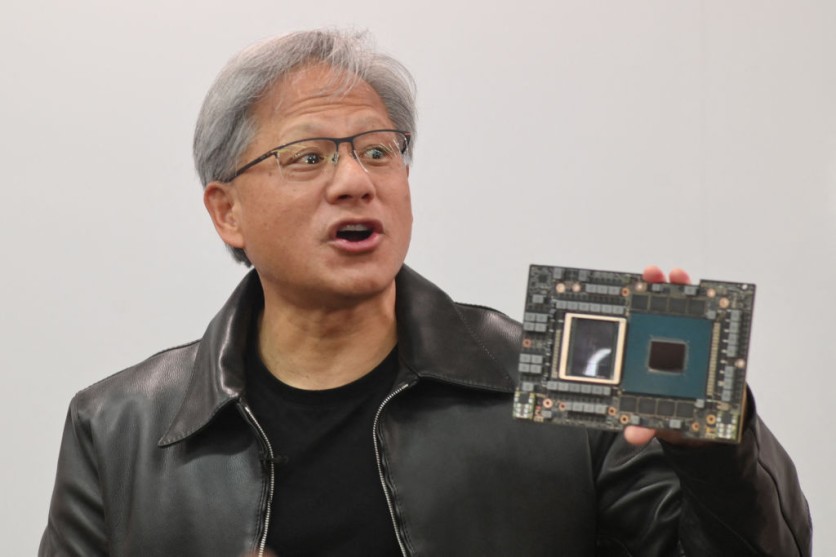In response to Washington's restrictions on high-performance processor exports, Chinese tech firms are resorting to unconventional means to acquire chips for their artificial intelligence (AI) projects.
Nvidia gaming graphics cards, originally designed for PC gaming, are now being repurposed as makeshift AI processors, addressing the scarcity of high-end chips in China. Thousands of Nvidia gaming graphics cards are disassembled monthly in Chinese factories and workshops, with stripped components integrated into new circuit boards - a creative yet desperate workaround to export controls, according to Firstpost.
Despite the raw computing power of Nvidia's gaming-focused products, experts note they may need to match the precision required for training specific large language models. The limitations of interconnection speeds further complicate efforts to form computing clusters.

Nvidia Develops Chip for China; Can It Satisfy Demand?
The Biden administration's export controls on cutting-edge AI chips in October increased the difficulty for chip companies like Nvidia to sell high-performance semiconductors to China, leading to a surge in demand for repurposed graphics processing units from Nvidia gaming cards.
While finding buyers among public enterprises and small AI labs, concerns arise regarding potential violations of Nvidia's intellectual property rights, and the gaming cards themselves may face bans from being sold to China at any time.
Nvidia responded to export controls with the release of a compliant, slower version - the GeForce RTX 4090 D. However, insiders caution that modified versions may not be powerful enough for extensive language model training. To meet China's growing AI demand, Nvidia developed three chips tailored for the market, which are expected to be available in March but reportedly have a weaker performance. Dissatisfaction with prices has prompted some to explore alternatives within China's chip ecosystem, while others turn to Nvidia's less expensive gaming chips as temporary solutions.
Unconventional Strategy
According to factory managers, demand for repurposed graphics processing units (GPUs) from Nvidia gaming cards has increased over the past month, with more than 4,000 cards disassembled in December, four times the number in November, per the Financial Times. Mainly sought by public enterprises and small AI labs, the spike is attributed to insufficient stockpiles of Nvidia server chips before new US export controls were implemented.
In December, TechTimes reported that Nvidia introduced the GeForce RTX 4090 D, complying with US export controls focused on China. Following October's export regulations announcement, Nvidia emphasized collaboration with the US government during development, marking its foray into China-centric chips. China is a key market for Nvidia, contributing over 90% to the country's $7 billion AI chip market.
A November report from TechPowerUp indicated that Nvidia's AD102 GPUs and GeForce RTX 4090 cards were moved to China, contributing to a global shortage and spiking prices to $2000. Baidu forum insiders reveal these GPUs are being repurposed for AI, with adapted RTX 4090 AI solutions flooding the Chinese market at lower prices. This transformation addresses the shortage and facilitates AI workloads for Chinese companies, significantly impacting the resale market.
Related Article: GPT Store: OpenAI Launches Innovative Marketplace with 3 Million Custom AI Chatbots

ⓒ 2025 TECHTIMES.com All rights reserved. Do not reproduce without permission.




